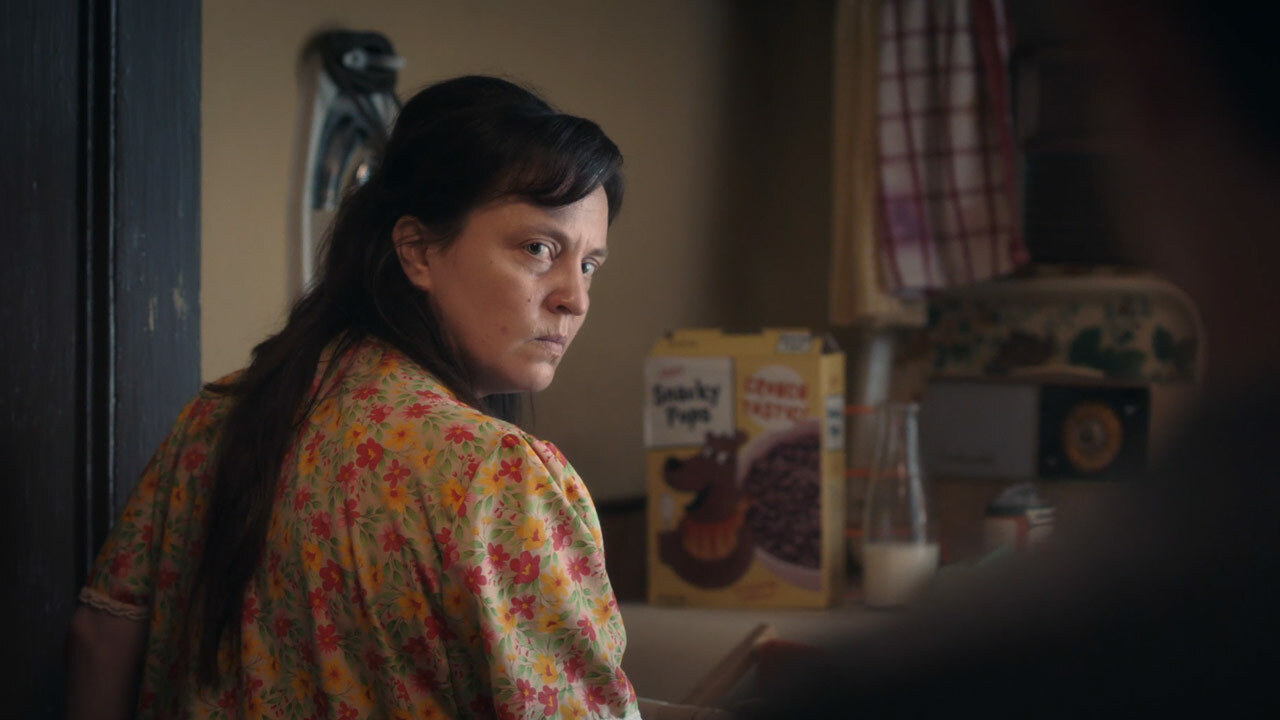
So many juicy tidbits in this episode… it was like sitting at a veritable visual buffet as I watched and scribbled notes. The storyline of Miss Higgins (played by Georgie Glen) reminded me of that Benjamin Franklin quote “Guests, like fish, begin to smell after three days...”, except I think Miss Higgins “began to smell” much sooner than the three days. From that scenario I have committed to my phrase bank Sister Monica Joan’s earnest attempt at resisting Miss Higgins offer to entertain the group (with a recorder concert) declaring that she was in “restorative quietude”; mothers and fathers, put that in your back pocket when you need a breather from the kids.
Another interesting tidbit was the approach to the scabies outbreak that occurred in the east end. This series strategically brings in public health issues, that the midwives must address, to remind us of all that the British midwives of that time were also the public health nurses of the community. As such, they attended to matters of primary care and public health in addition to their practice as midwives. Modern day midwives are primary care providers; that means we attend to the preventative and primary care health needs of our patients – not just their gynecologic and obstetric needs. This storyline also reminded us how stigmatized public health issues have been throughout time (and continue to be); that only the poor should be infected with something like scabies, as evidenced by the shame of the wealthy Nonnatus benefactor Matthew Aylward (Olly Rix) hiding out in an out of the way café while he waited for his turn to be treated at a private clinic.
The storyline that riled me the most was that of the community movement, of course involving Violet Buckle (Annabelle Apsion) – who always seems to be at the forefront of some of the most controversial “community movements”- this one to educate “vulnerable women” (translate that to what they actually meant, which was “poor women”) about contraception to be able to limit their family sizes. According to Violet, these women “create a drain on resources” and therefore the good “upstanding” people of the community took it upon themselves, apparently, to save the poor and destitute (from themselves) by helping them not procreate. Such respect for Lucille (Leonie Elliott) and her husband Cyril (Zephryn Taitte) who confront Violet on this obviously discriminatory agenda, noting “No one has the right to decide who should be born”. This storyline has played out from the beginning of time. Those with more means, or status, or greater societal hierarchy, or whatever you want to fill in the blank with, have somehow historically been deemed to have a greater inherent right or privilege to bear children, or at least a greater inherent right or privilege to have choice in whether to bear children. Life is so complicated is such a cliché, I know, but that’s what comes to mind when I pondered this storyline. Isn’t it challenging enough just managing each of our own individual lives and families and choices?